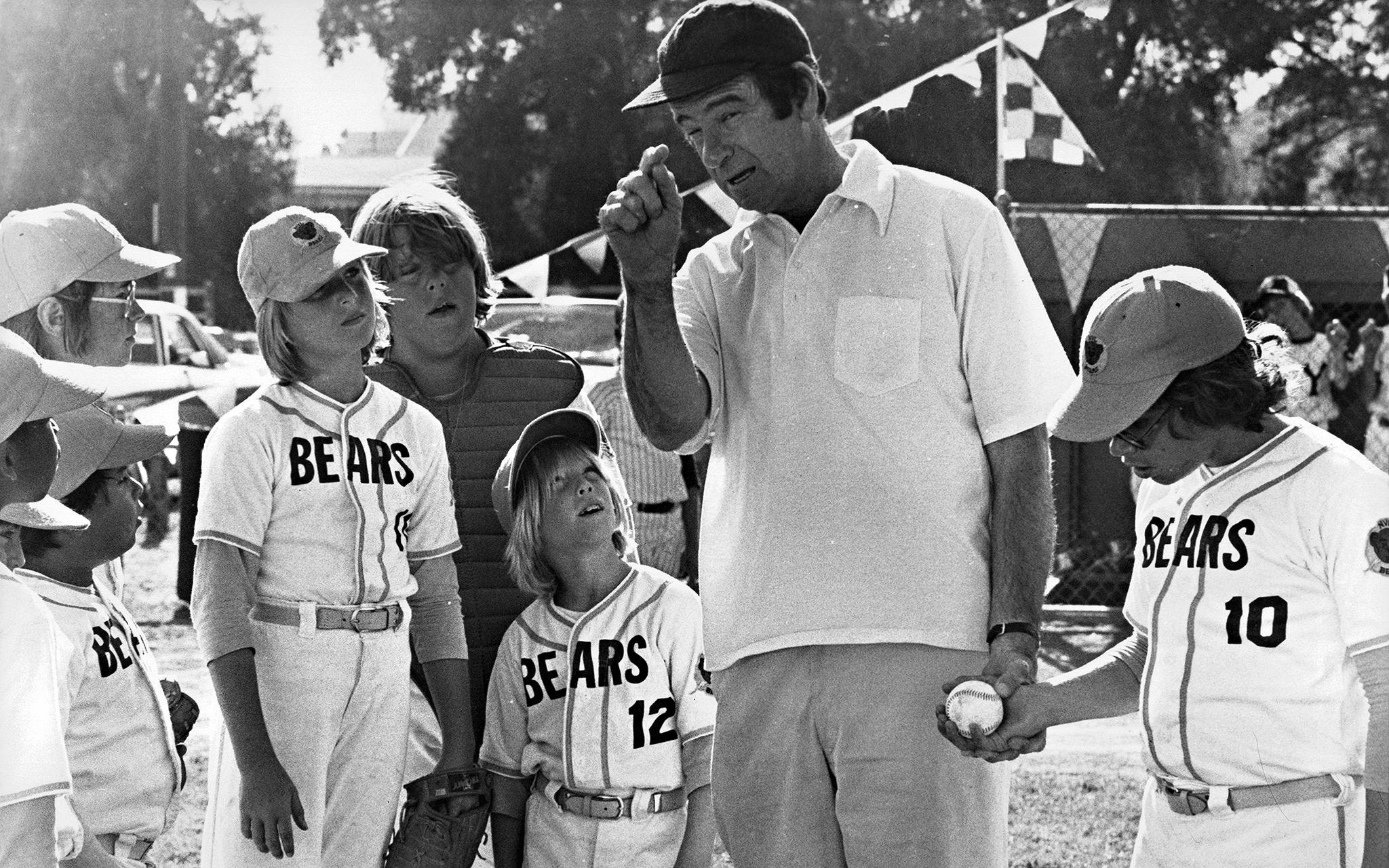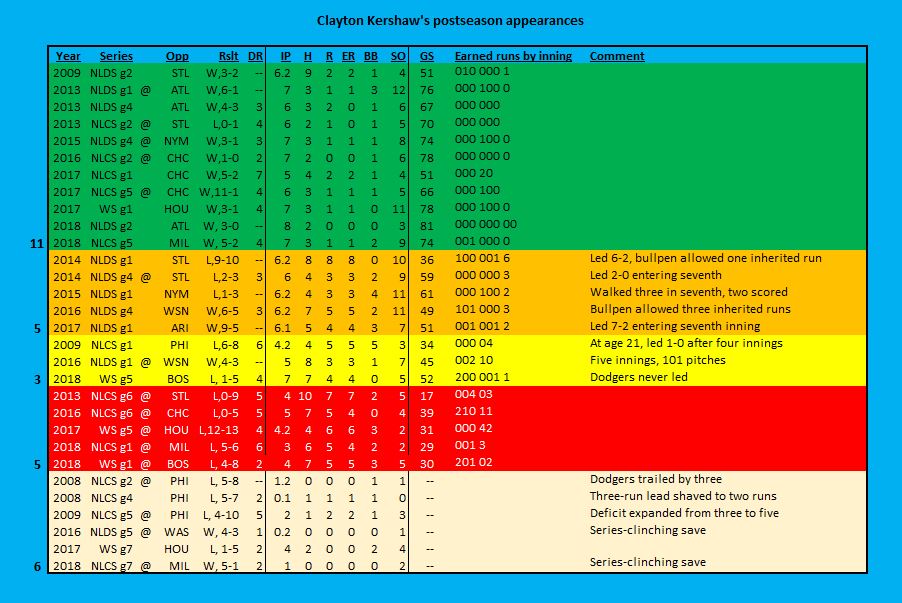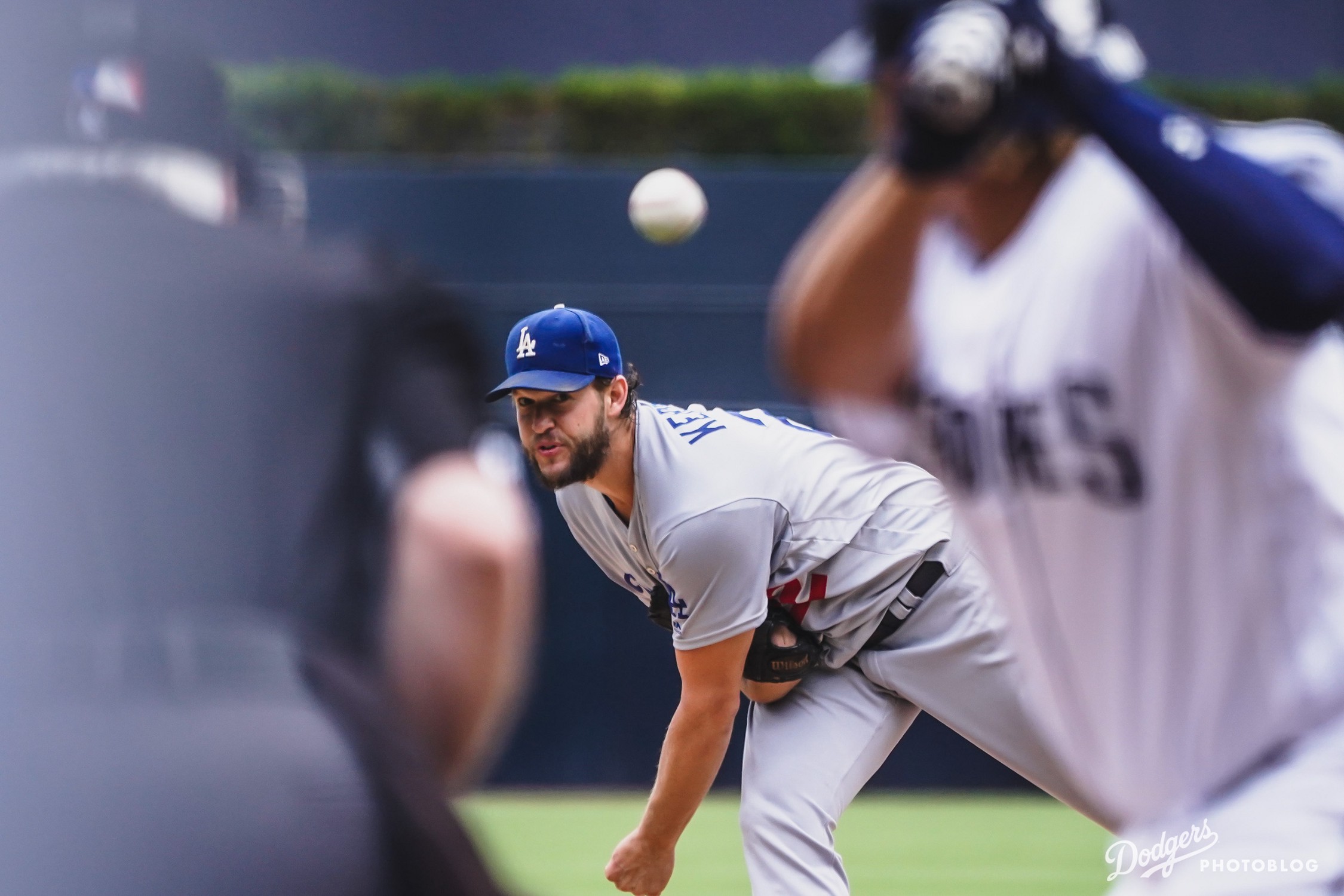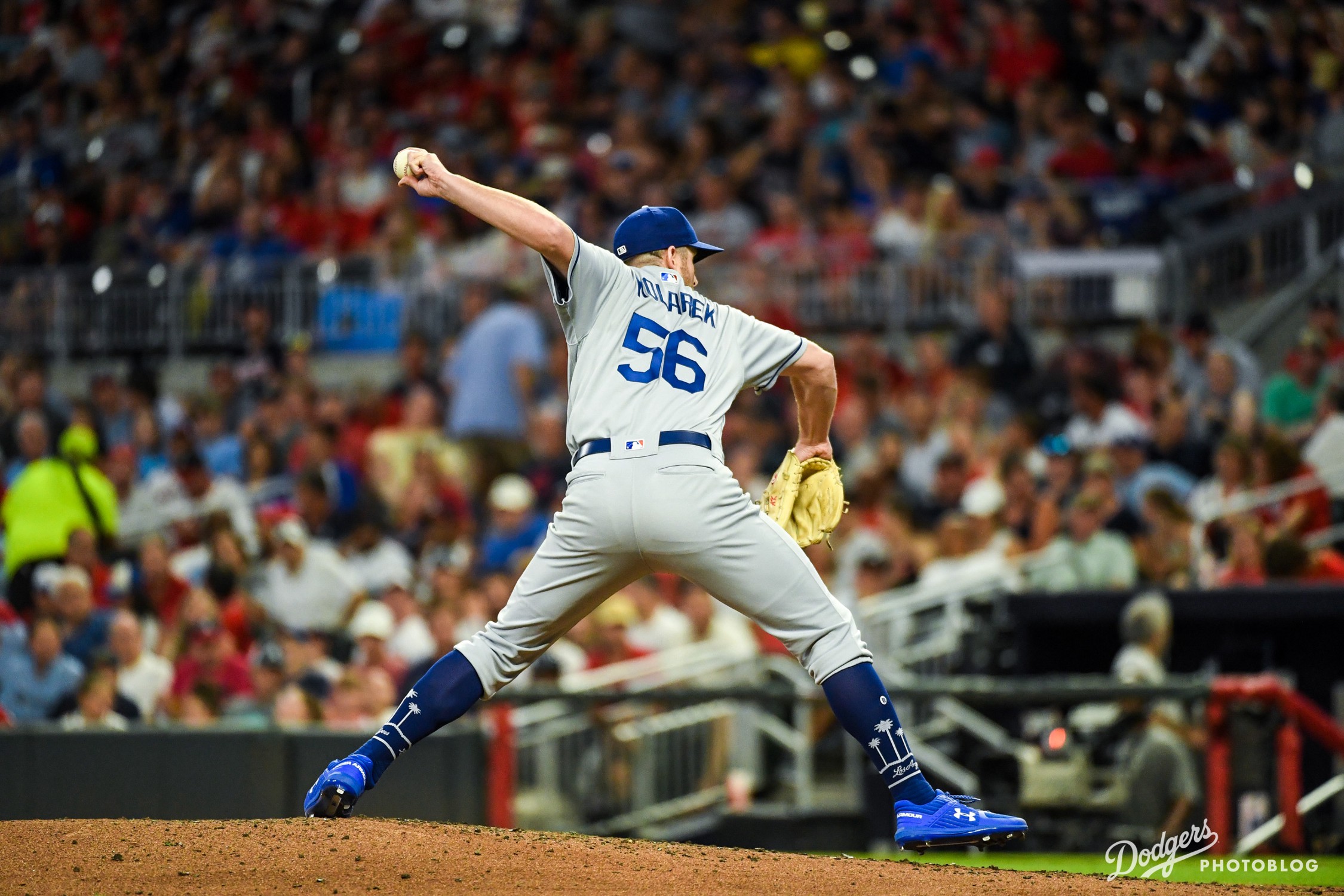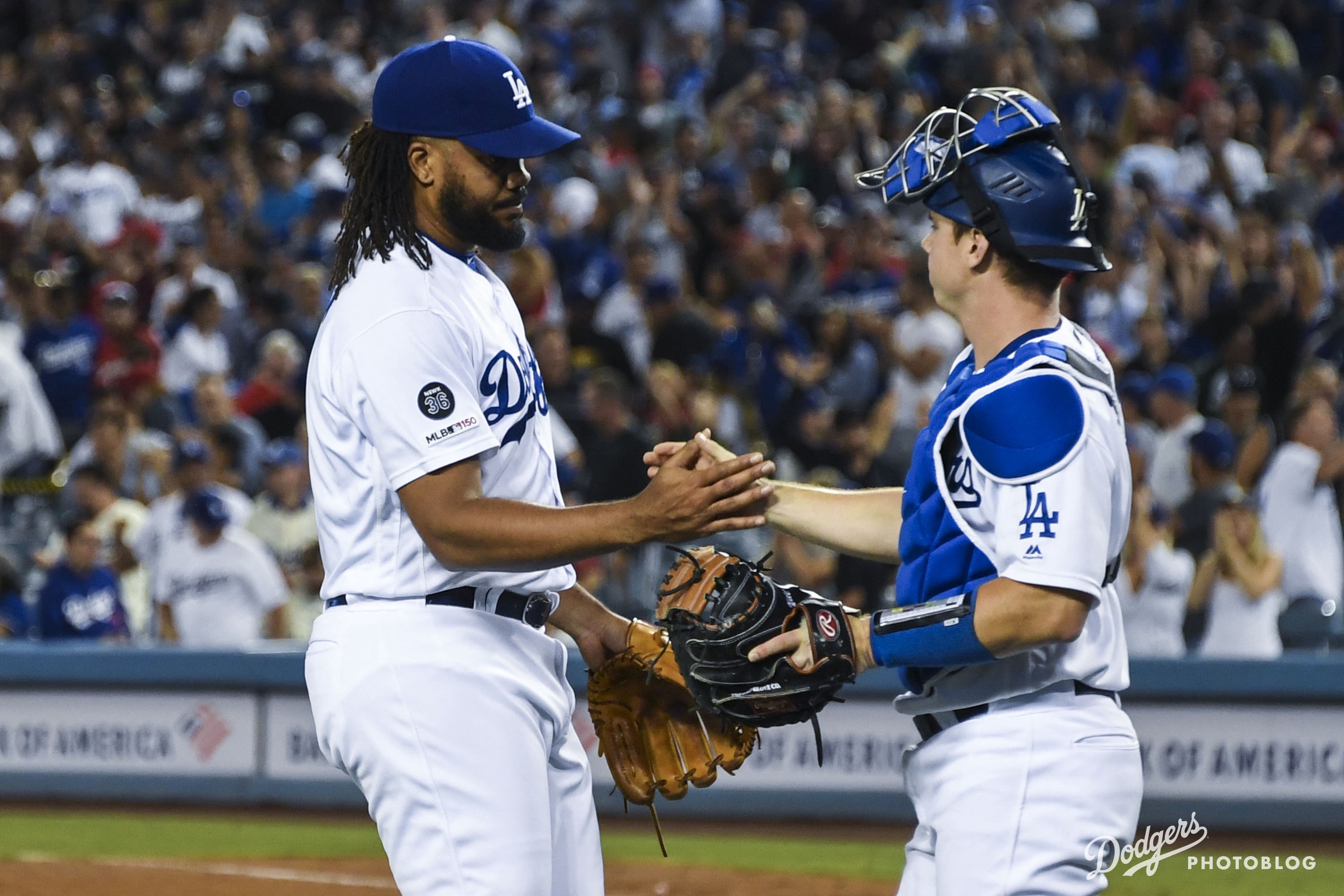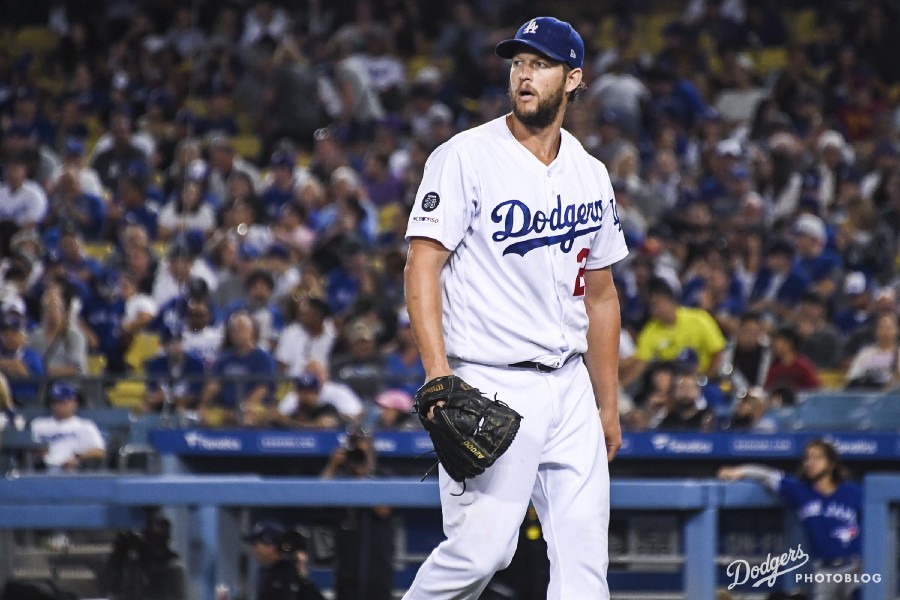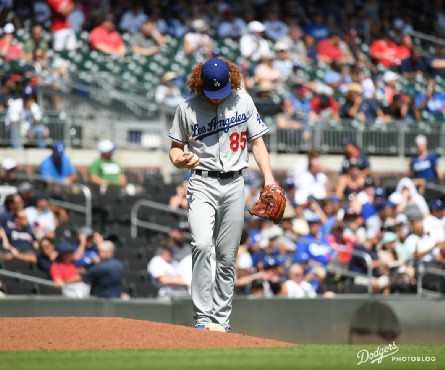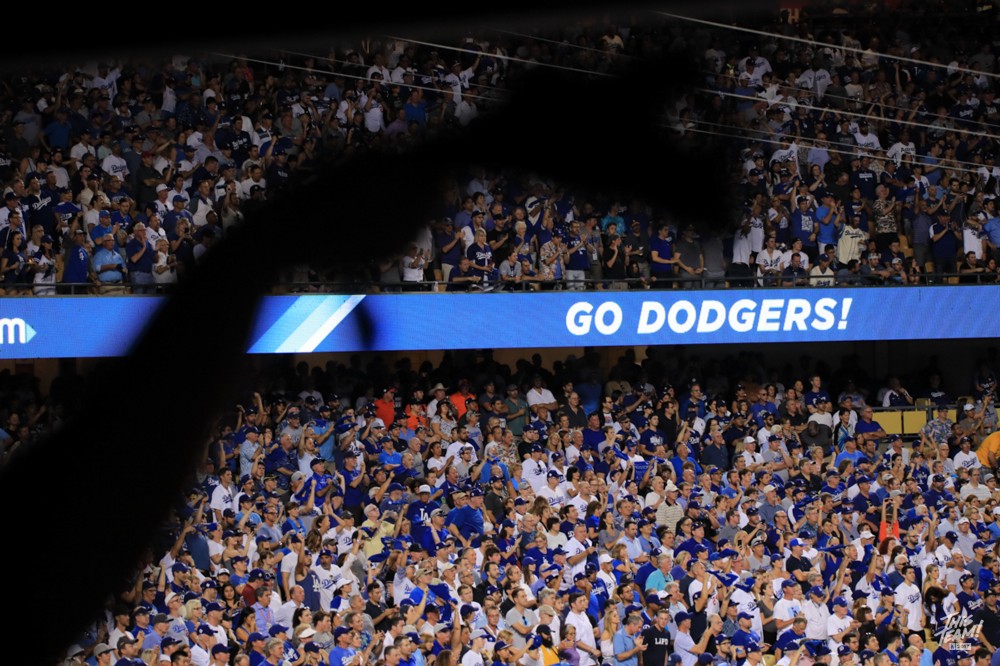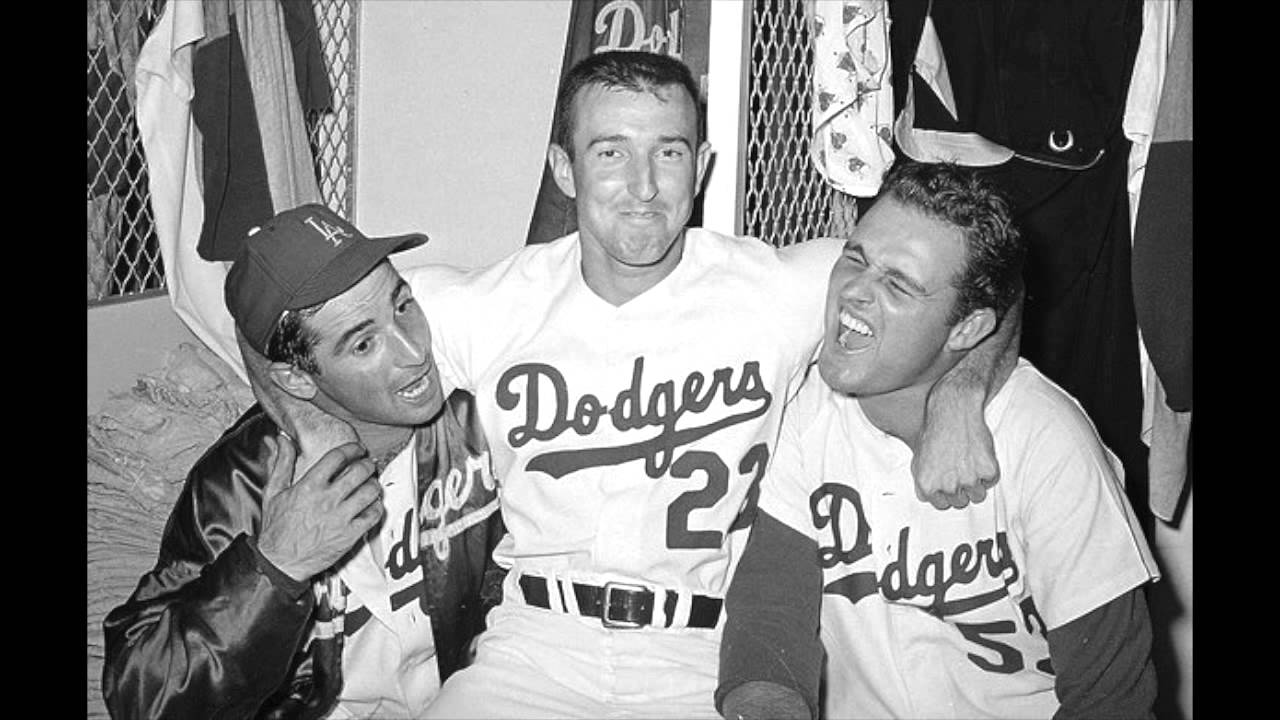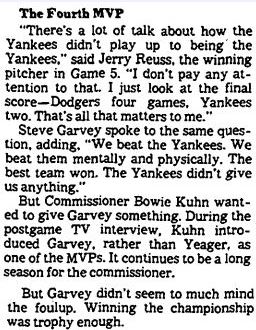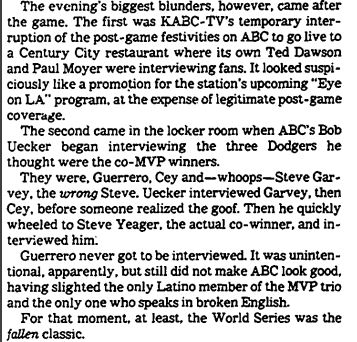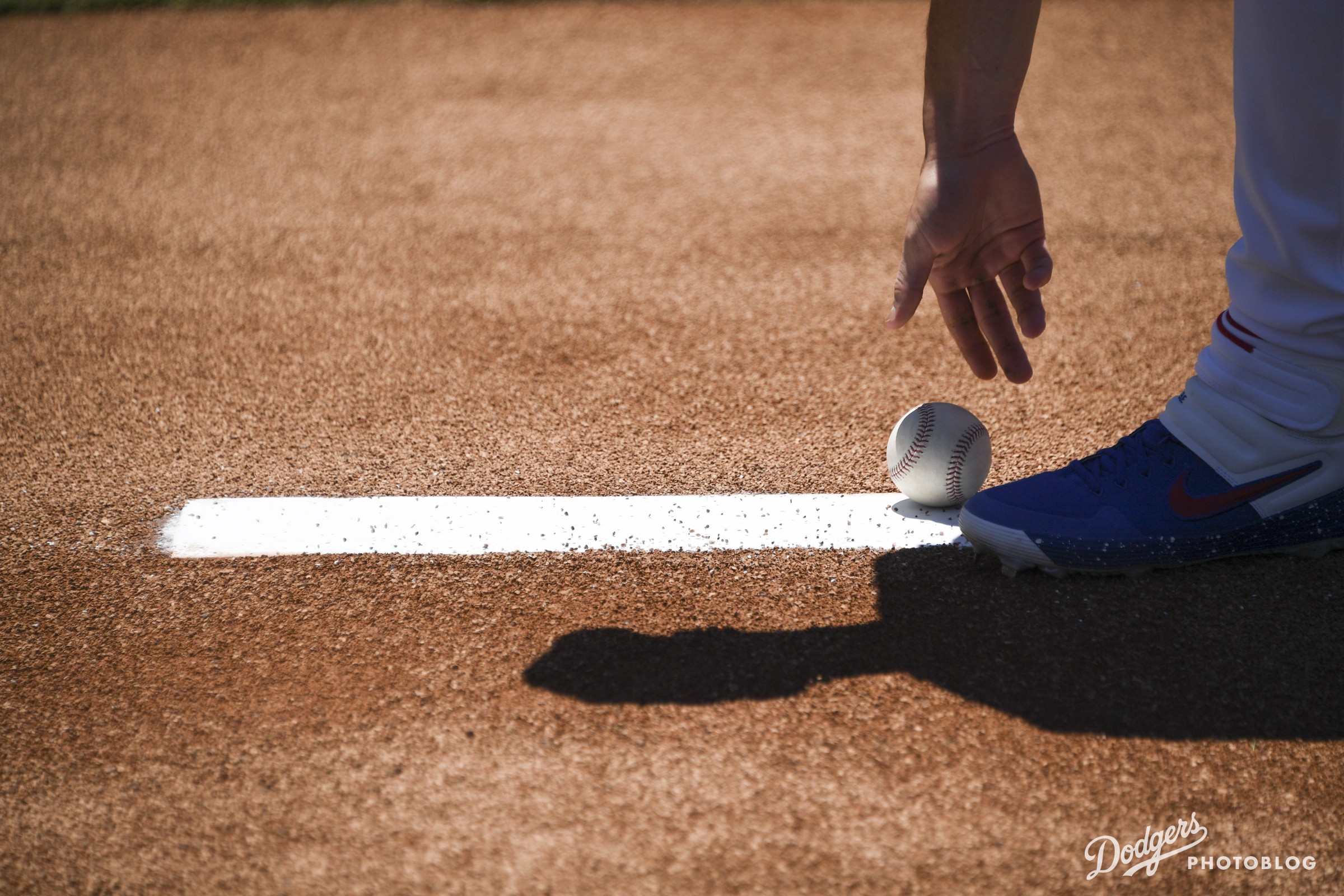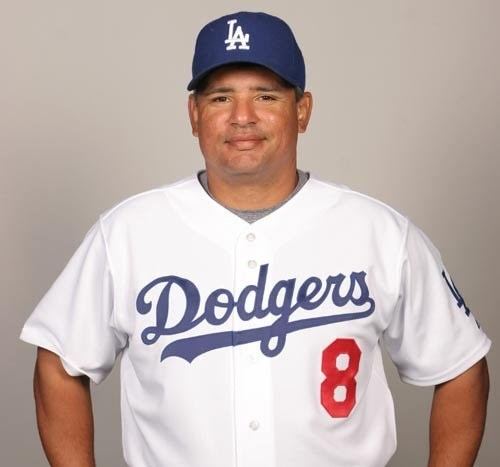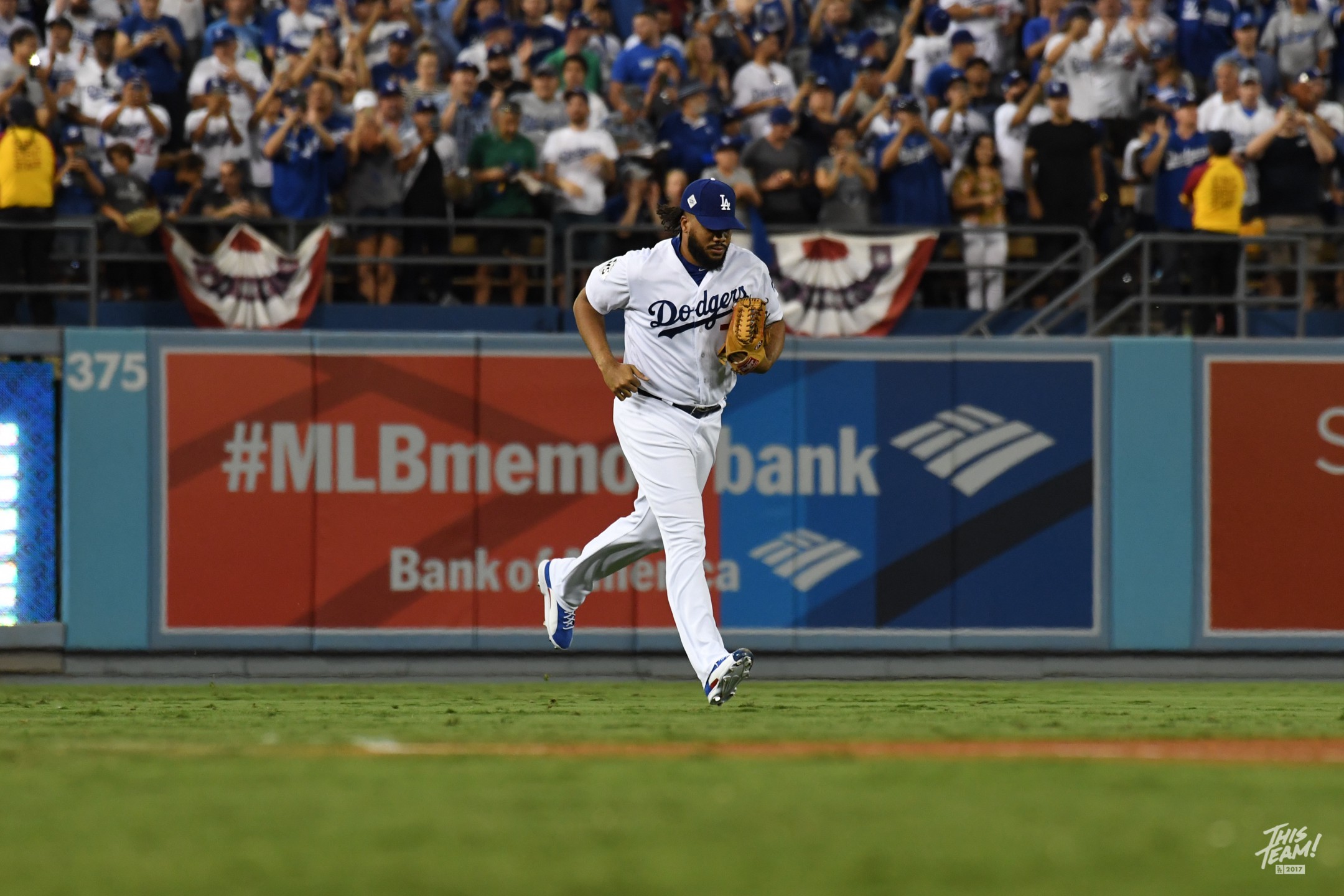Sometime late in the afternoon, when I began to feel anticipatory stress for the winner-take-all National League Division Series Game 5 at Dodger Stadium, I thought back to the origins of my becoming a baseball fan.
My earliest memories are hazy, but they were all painless. The Dodgers were 1974 World Series losers the first time I watched a Fall Classic, then also-rans the following two years. In 1977, I had my first feeling of disappointment, mostly inflicted by Reggie Jackson, but by then I was deeply, ferociously bound to the Dodgers.
Still, my roots were simply in feeling the game as a game.
During tonight’s game, even before the Dodgers lost their 3-0 lead and ultimately their season, I started to question where my journey had taken me. I’ve suffered through more painful defeats as a fan, more than I care to recall here. But from the moment Walker Buelher walked Stephen Strasburg in the top of the third inning, my tension devolved into relentless misery, despite Los Angeles being ahead. In my life, I don’t think I’ve ever spent so much of a game that the Dodgers were winning so unhappy.
It’s one thing to fear that the Dodgers might lose their lead. It’s another to barely enjoy the lead at all. At first, I cheered as Buehler escaped a couple of jams, but later on, I was slumped on the couch even after the Nationals trailed in the fifth, the sixth, the seventh.
And it’s not because I didn’t think the Dodgers would win. I really did. It’s that I was obsessing about how it would feel and how people would react (including total strangers on Twitter, for heaven’s sake) if the Dodgers didn’t win, rather than simply living the moment. It’s the worst way to spend a baseball game. It’s completely against my ethos. And yet I couldn’t break free.
Now they’ve lost, and people are going to analyze it to death and point fingers and hurl insults and demand heads. I don’t want any part of it. I genuinely don’t care.
During my afternoon recollections, and again now, I thought back to the 91-loss 2005 season, the Dodgers’ worst this century, when I came up with the Losers Dividend. It’s not that I’m looking to return to the days when the Dodgers were postseason outsiders. However, I do think I need to find some perspective again. Baseball is supposed to be fun. That doesn’t mean it can’t hurt. But if you’re not enjoying the happy parts, what’s the point?
I refuse to go any further in my life worrying about whether the Dodgers will win the World Series or not. I will always root for them, but I don’t ever want to have tonight’s experience again. I want baseball to be my Shangri-La, not my prison.

